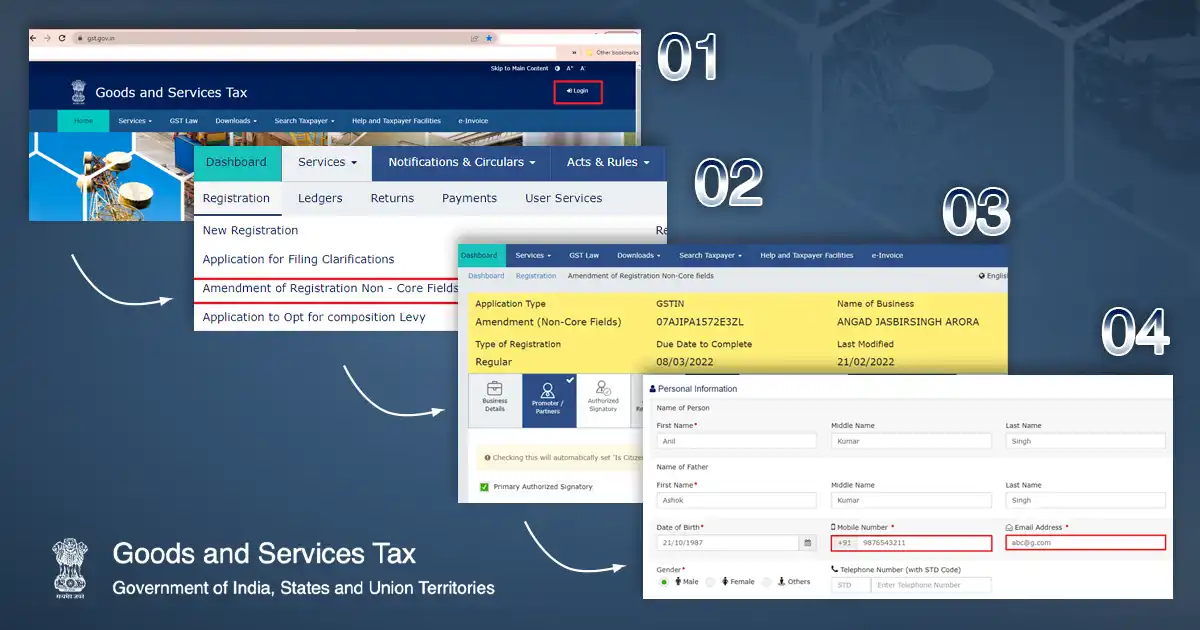Form INC-20A is a mandatory declaration that must be filed by companies in India, incorporated on or after November 2, 2018, with the Registrar of Companies (RoC). It is a declaration by the directors confirming that all subscribers to the memorandum have paid for their shares.
This form is also known as the Declaration for Commencement of Business. The form must be filed within 180 days of the company's incorporation date.
Its primary objectives are to:
- Declare Commencement of Business: It acts as a formal declaration by the company's directors that the company is ready to begin its business operations. Without filing this form, a company cannot legally commence business activities.
- Confirm Subscription Money Paid: A key purpose is to confirm that every subscriber to the company's memorandum has paid the full value of the shares they agreed to take. This ensures that the company has received its initial share capital as committed.
- Prevent Shell Companies and Fraud: By mandating this declaration and requiring proof of paid-up capital (usually through bank statements), Form INC-20A helps prevent the formation and operation of "shell companies" or fraudulent entities that might be incorporated without genuine business intent or financial backing.
- Enable Borrowing Powers: A company is prohibited from exercising any borrowing powers (e.g., taking loans, issuing debentures) until Form INC-20A is filed and approved by the Registrar of Companies. This ensures financial stability and compliance before a company engages in significant financial transactions.
- Ensure Legal Compliance: Filing Form INC-20A is a mandatory legal requirement under the Companies Act, 2013. Timely submission ensures that the company adheres to statutory obligations and avoids penalties, which can be substantial (e.g., Rs. 50,000 for the company and Rs. 1,000 per day for defaulting officers, up to Rs. 1 lakh).
- Enhance Transparency and Credibility: By fulfilling this compliance, a company demonstrates its legitimate existence and financial preparedness to stakeholders, including investors, creditors, and regulatory bodies. This fosters trust and transparency in the corporate ecosystem.
- Avoid Company Striking Off: If Form INC-20A is not filed within the stipulated 180-day period, and the Registrar has reason to believe the company is not carrying on any business, the RoC may initiate action to strike off the company's name from the Register of Companies, effectively dissolving it.
How INC-20A Prevents the Creation of Shell Companies?
Form INC-20A, which requires a declaration of commencement of business, helps prevent the creation of shell companies by ensuring that newly incorporated companies with share capital actually begin operating and don't just exist on paper.
- Demonstrates Intent to Operate: The form requires a declaration that the company is ready to commence business, supported by evidence like bank statements or invoices showing actual business activity.
- Verifies Capital Contribution: It confirms the company has received the minimum share capital from its subscribers, a key indicator of a legitimate business.
- Prevents Delayed/Fake Operations: By requiring this declaration within 180 days of incorporation, it discourages companies from remaining inactive or using the incorporation for fraudulent activities like money laundering.
- Legal Safeguard: The form acts as a legal requirement, and its absence can lead to penalties, including a potential strike-off of the company from the register.
- Increased Transparency: Filing INC-20A enhances transparency and accountability in the corporate sector, making it more difficult to operate shell companies without consequences.












